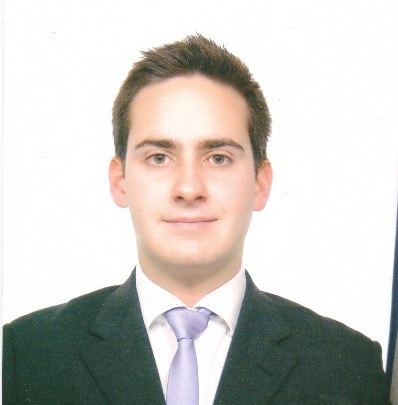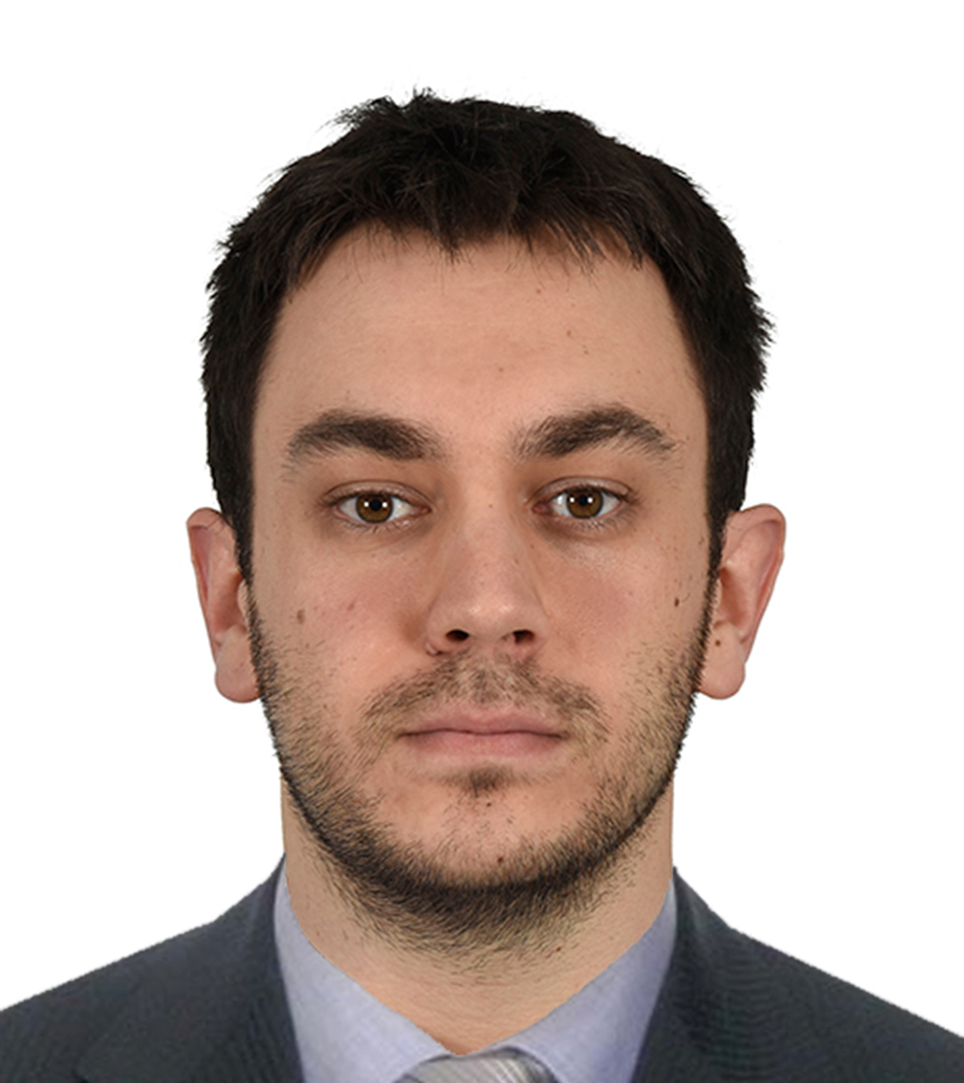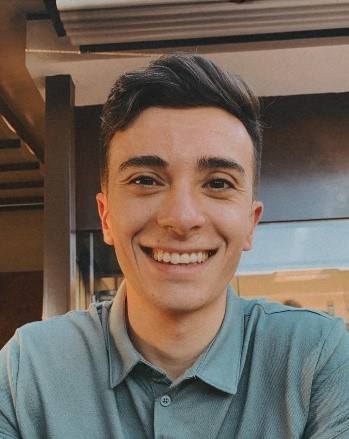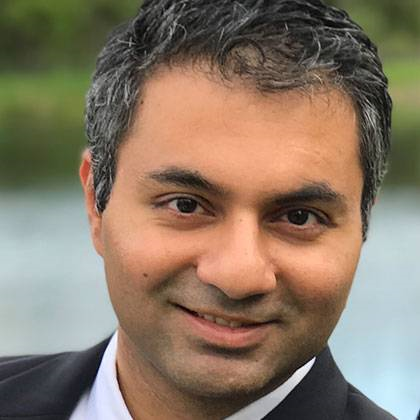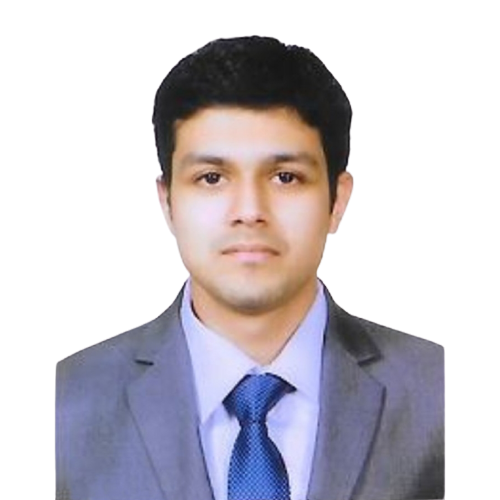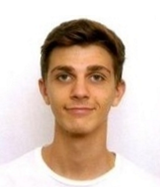Course Enrollments close on September 9th, 2024
Quantum Computing today
Quantum Computing is an emerging discipline and a potentially disruptive technology to which companies are beginning to give importance as a key technological agent for the future. It is a technology that, because it is centered on computing, necessarily affects all scientific-technical disciplines and, directly or indirectly, all the products and services that companies currently offer to society.
Quantum Computing changes in its essence the engine of the Information Society in which we live, by proposing a computing model that radically breaks with previous technology. This new technology has the capacity to address computational problems that current computers are not expected to be able to deal with, such as the design of new materials or the analysis and synthesis of drugs.
On the other hand, Quantum Computing has changed the approaches to Information Security, by breaking the current protocols of public key cryptography. This fact, with enormous repercussions in today's society, is undoubtedly one of the main reasons why companies are interested in Quantum Computing. In this context, the demand for experts in Quantum Technologies and Quantum Computing is expected to increase considerably in the coming years.
The purpose of this Master is to train those professionals that companies are beginning to demand. To do this, the following objectives are proposed: (1) Provide a solvent basic training in the fundamentals of quantum computing and communication, (2) That students know the challenges and current research lines of quantum technologies and (3) Train professionals for companies that work with computing and quantum communication technologies.
Quatum Explore Initiative
Universidad Politécnica de Madrid launches the 4th edition of its online Master in Quantum Computing Technology
60 credits
Universidad Politécnica de Madrid presents the 4th edition of its online Master in Quantum Computing Technology. The Master's degree has a remarkable practical orientation. Fifty percent of the contents are applied. The University has the collaboration of Accenture as a technology partner. Finally, the master is designed for Graduates in Computer Engineering, Mathematics, Physics and Telecommunications and Industrial Engineering.
Main characteristics of the course:
Do not miss the opportunity, get one of the 30 available places!
Sign up for the Master in Quantum Computing Technology 2024-25
Registration open until September 9th, 2024
Online classes start on September 23th, 2024
Two full scholarships
for UPM staff
Two full scholarships are offered for UPM staff in each edition of the Master.
Accenture staff enjoy
a partial scholarship
Accenture staff enjoy a partial scholarship of twenty five percent of enrolment rates.
Here’s what people are saying about the course
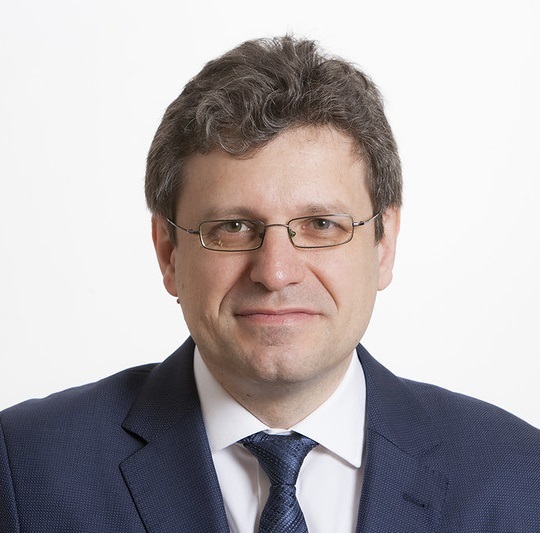
José M. Atienza
Vice-Chancellor of UPM
UPM once again championing new technologies
Ever since its foundation, the Universidad Politécnica de Madrid has pushed for technological development as a driver of social development. The launch of its Master in Quantum Computing Technology exemplifies the UPM's leading role in the most advanced technologies, specifically revolutionary quantum technologies, where it rubs elbows with the very best in the world.

Agustín Yagüe
Dean of ETSISI
Our contribution to research in Quantum Technologies
Since the beginning of its doctoral program, ETS de Ingeniería de Sistemas Informáticos has been committed to Quantum Computing not only in research but also in teaching. The first doctoral thesis on this topic won the extraordinary doctorate award from the University and there are currently more students developing their thesis in this area. The proposal for this Master by the head of the School of Research in Quantum Computing reinforces our leadership in these innovative technologies.
Contents of the Syllabus
One credit: 4 hours of lectures + team work + individual work
1
Module 1: Adaptation (3,75 credits)
- Mathematics adaptation module (2 credits).
- Computer Science adaptation module (1 credit).
- Physics adaptation module (0,75 credits).
2
Module 2: First Term (24 credits)
- Introduction to Quantum Computing (6 credits).
- Current Quantum Technology (1,5 credits).
- Quantum Algorithms (4,5 credits).
- Quantum Communications (3 credits).
- Quantum Cryptography (4,5 credits).
- Practices with Gate-Oriented Quantum Computing I (4,5 credits).
3
Module 3: Second Term (24 credits)
- Quantum Simulation (1,5 credits).
- Adiabatic Quantum Computing (3 credits).
- Quantum Walk Algorithms (3 credits).
- Quantum Errors and Quantum Codes (3 credits).
- Practices with Gate-Oriented Quantum Computing II (7,5 credits).
- Practices with Adiabatic Quantum Computing (6 credits).
4
Module 4: Master Thesis Project (12 credits)
The Master Thesis is a research and/or development project that addresses a problem of interest to the scientific community or to companies engaged in the development of Quantum Computing Technologies.
About the teachers of the Master
The teaching staff of the Master is made up of researchers from Universidad Politécnica de Madrid specialized in Quantum Computing and Accenture employees with experience in developing commercial Quantum Computing projects.
They have experience in the direction of Degree and Master Theses and the supervision of Ph. D. Theses, and have relevant contributions in Quantum Computing.


Biography of the members of the Master's teaching staff
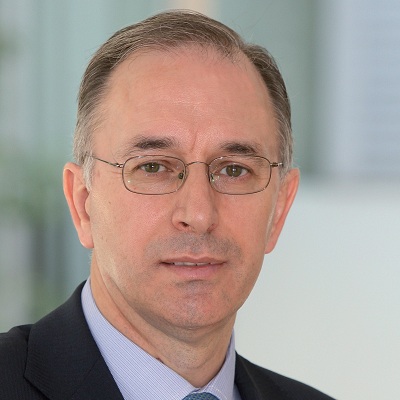
Jesús Lacalle
UPM
The Director of our Master
Jesús Lacalle has published many articles on Quantum Computing, among which stand out his Discrete Quantum Computing model and his formula for the variance of the sum of two independent quantum computing errors.
He has directed three Degree Theses on Quantum Computing, one of which has received an award from the School, and a PhD Thesis on the same subject that won the award for extraordinary PhD Thesis from the University. He is currently supervising two more PhD Theses on Quantum Computing.

Giannicola Scarpa
UPM
Our most international teacher
Giannicola Scarpa holds a PhD in quantum information from the University of Amsterdam. His research relates to entanglement theory and its applications in complexity, economics, source-channel coding, combinatorics, and cryptography. He published in top-ranked journals such as IEEE Transactions on Information Theory and Theory of Computing, and gave talks at conferences like ICALP and QIP. His extensive network of collaborators includes Simone Severini (Amazon Web Services), Harry Buhrman (QuSoft) and the economist Adam Brandenburger (NYU).
He is a gender equality and equal opportunities advocate.
One of our latest additions
Rafael L. Delgado has a PhD in theoretical physics from Universidad Complutense de Madrid. He has experience on high energy physics, both during his PhD and his second postdoc at INFN-Fi. He has also some experience on condensed matter and dark matter. As a researcher on theoretical physics, he has a long experience using several supercomputing facilities: the Tirant cluster of the BSC-CNS in; the facilities of the Leibniz Supercomputing Centre (SuperMUC, SuperM UC-NG and C2PAP) while he was at TUM; the Fermilab high capacity storage system; and local clusters on UCM, TUM (T30f cluster) and INFN-Fi. He was also involved in a project involving the usage of the computing facilities of the Theory Department at CERN.
Our Quantum Data Scientist
Alberto García is graduated on Physics by Universidad Complutense de Madrid. On his 4th year degree, he specialized in Quantum Information in Technische Universität München (TUM) where he also developed his bachelor thesis on Quantum Cryptogrpahy.
On 2017, he joined Accenture and, three months later, he helped to launch the Quantum initiative inside Accenture Digital in Spain. Since then, he has been developing real business use cases with both quantum paradigms (adiabatic and gate model) and carrying out benchmarks of all available real quantum computers to determine the state-of-art of Quantum Computing.
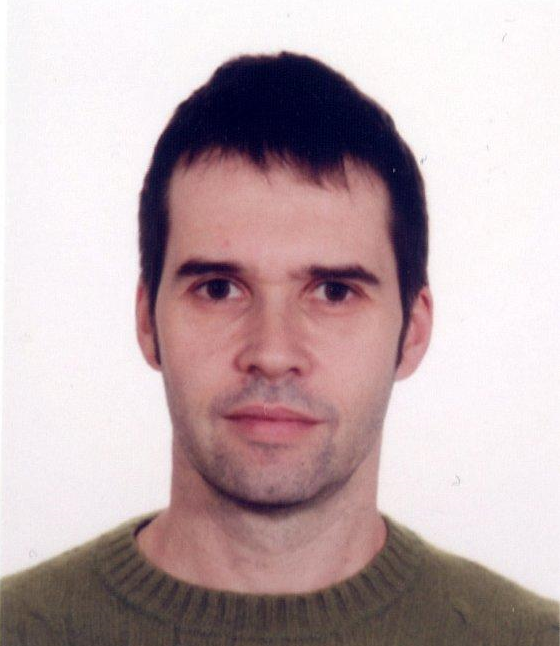
Luis M. Pozo
UPM
One of our multidisciplinary teachers
Luis M. Pozo has a PhD in Mathematics from the Universidad Complutense de Madrid, and also a Physics degree by the UNED. He has teached in the Universidad Complutense from 1997 to 2012, and in the Universidad Politécnica de Madrid since then. He has several publications on Theoretical Physics from a mathematical point of view, and has collaborated with Prof. Lacalle in three articles on quantum computing errors.

Ulises Arranz
Ex Accenture
Our link with the industry
Ulises Arranz studied Computer Science at Universidad Politécnica de Madrid. He worked in Accenture for +32 years, focused on technology and innovation areas.
He launched and managed the Quantum Computing initiative in Accenture Spain for 3 years. He has participated in multiple events promoting and creating awareness around quantum technologies. He has been part of the EU Strategic Advisory Board for the European Quantum Flagship. He is now actively participating in the launching of the new European Quantum Industrial Consortium.
Our expert in Quantum Computing Architectures
Rafael Martín-Cuevas studied Computer Science at Universidad Politécnica de Madrid, where he is pursuing a Master's Degree on Software for Distributed and Embedded Systems -with a Master's Thesis on Quantum Computing-, and a PhD in Quantum Computing. Parallelly, he has been part of Accenture's Quantum Computing initiative since 2018 (mainly in the research and development of applications and architectures), is certified as Qiskit Advocate by IBM, and is involved in several training initiatives.
Our expert in Quantum Financial Services
Alejandro Borrallo is a physicist within the Quantum Computing team at Fujitsu Spain. He completed his master’s degree in theoretical physics on the Universidad Complutense de Madrid with specialization in Quantum Information Theory.
He has more than 4 years of experience in identification and implementation of real business uses cases by using Quantum and Quantum Inspired technologies, mainly in the Financial Services context. He is currently working with the Digital Annealer technology in Fujitsu as senior optimization engineer, delivering Quantum Inspired solutions for optimization problems across different industries.

Carlos González
UPM
Our expert in quantum communications
Carlos González has a PhD in Mathematics from Universidad Complutense de Madrid. His research in Quantum Information Theory relates to entanglement theory, complexity theory, cryptography and random quantum evolutions with a recent interest in Machine Learning applications in which he is supervising a Postdoc. He has collaborated with more than twenty researchers from top institutions (UCL, MPQ, CWI, IQOQI) in fourteen publications in top ranked journals in Physics and Mathematical Physics.
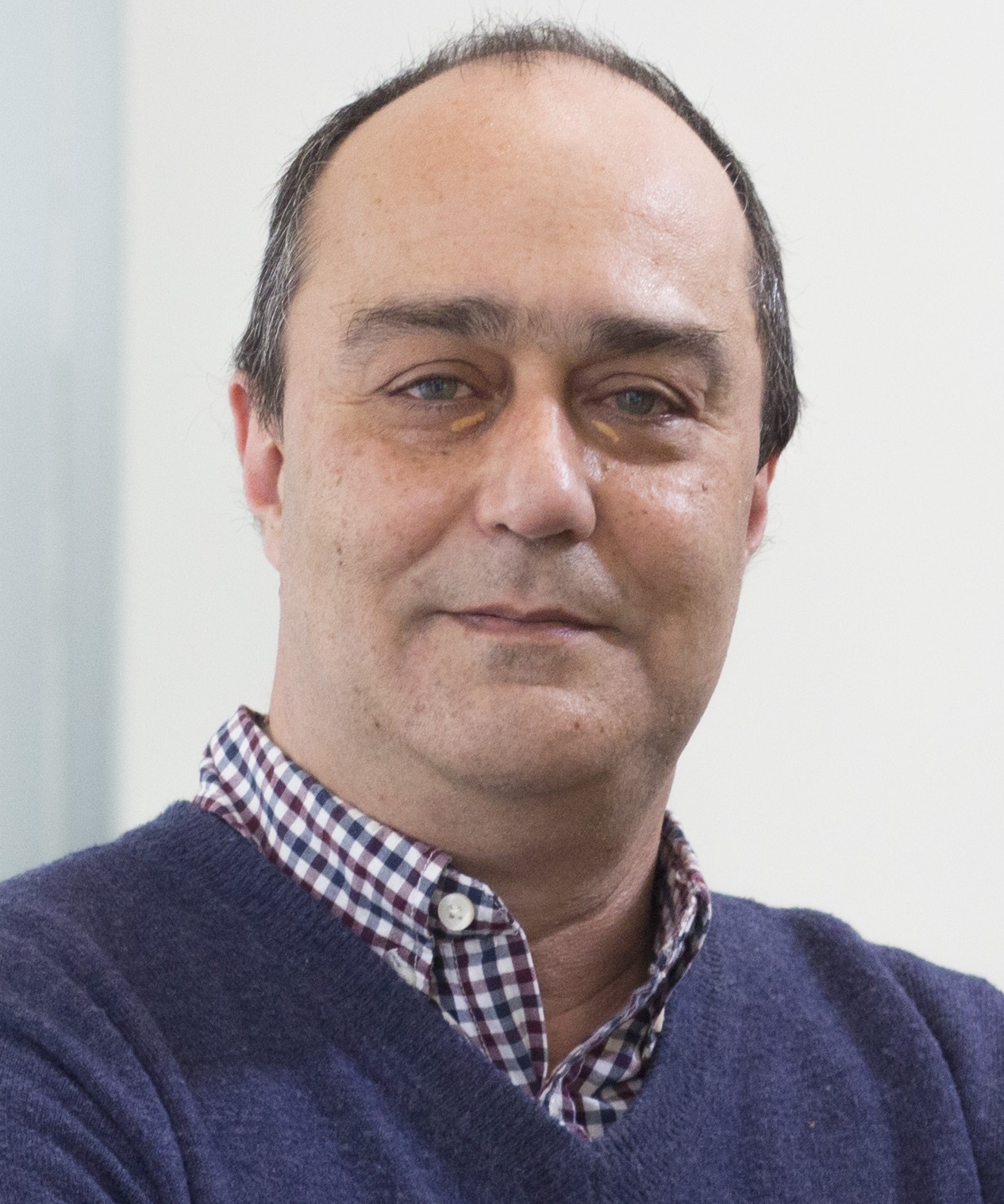
André L. Fonseca
Universidad ORT Uruguay
Our first PhD in Quantum Computing
André Fonseca de Oliveira has an Electrical Engineer degree and a Master in Control Theory, both from the Universidad de la República Uruguay, and a PhD in Quantum Computing from the Universidad Politécnica de Madrid. He has five papers on Quantum Information and Computation in journals and more than fifteen articles in congresses and conferences. He has directed two Degree and a Master Thesis on the subject. He is currently supervising a Master and a Degree Thesis.
One of our latest additions
Responsible for the Accenture Global Quantum Computing
Shreyas is a Director, a Global Lead within Accenture's Technology Incubation (Quantum Computing group), with over 20 years of experience in leading and implementing cutting-edge solutions within Quantum Computing, xR, Mobility, Robotics and IoT across various industries and geographies; managing 100+ people globally and enabling 10,000+ employees across several emerging technologies. He is also responsible for the Global Quantum Computing group's P&L that extends to Accenture's Federal Services. He is an Accenture Certified Senior Technology Architect, certified via MIT on Quantum Information Sciences and an inventor within Accenture with several patents across industries.
Course Enrollments close on September 9th, 2024
Don’t wait! Look at what past students have to say about this course
Graduated in the Master
The master in quantum technology provided by Technical University of Madrid has provided me an extensive knowledge in the field of quantum computing and its surrounding areas. The unique aspect of this masters which I found to be very beneficial was the collaboration between the academia and industry which enabled to bridge the gaps in learning. I have learnt a lot of important subjects related to quantum machine learning, adiabatic quantum computation and various industry use-cases of quantum computing applied frequently. Apart from the subjects, I thoroughly enjoyed working on my master’s thesis related to quantum natural language processing which was not related to the subjects taught to me but my supervisor - Luis M. Pozo and every other faculty member were extremely supportive and ensured that I do well in my thesis. Every faculty promoted original and critical thinking throughout the course. I strongly recommend this master’s program to anyone who would like to pursue their career in the field of quantum computing because of the presence of industry and academic leaders, professionals and mentors guiding you at each and every step to become proficient in state of the art quantum technologies.

Laura N. Gatti
Universidad de Montevideo
Master Thesis and PhD Student
During my Master's thesis and my PhD I have received extensive theoretical training on Quantum Computing, one of the most important research topics today. I have learned to use powerful tools to build new algorithms and to implement practical applications. The solid theoretical base acquired allows me to understand the evolution of a rabidly dynamic industry based on Quantum Technologies. I especially remember the academic discussion generated to grow in the area.
Postdoctoral Student
During my work under the supervision of professors of the Master, I have come to understand the advantages that Quantum Mechanics may offer to Artificial Intelligence. I have also learnt to implement Machine Learning algorithms inspired on Quantum Physics in Python. From my experience working with them and my background as a quantum physicist, I strongly recommend this Master, as it is one of its kind, it is strongly based on state-of-the-art quantum technologies and counts with a strong team of researchers and users of this technology as professors and mentors.
Accenture Scholar and Teacher Team Collaborator
According to my personal experience in Quantum Computing working hand-to-hand with Accenture and Giannicola Scarpa, this master methodology encourages students to be part of the interesting and innovative world of quantum computation by giving them appropriate introduction lectures adapted to their previous knowledge. The contents gather the most relevant topics related with the existing types of quantum computation and their best practical applications, ensuring the understanding of how quantum mechanics is used as a form of information processing in a different and powerful way that allows high-complexity problem resolution.
Frequently Asked Questions
The places will be assigned to the students with the highest score by adding the following values:
1- Three times the average of the record of their university degree (maximum 30), if it is in Computer Science, Computer Engineering, Industrial Engineering, Mathematics, Physics or Telecommunications Engineering.
2- Two times the average of the record of their university degree (maximum 20), if point 1 above does not apply.
3- Two times the average of the record of their university Master's degree (maximum 20), if the student has these studies and it is in Computer Science, Computer Engineering, Industrial Engineering, Mathematics, Physics or Telecommunications Engineering.
4- Once the average of the record of their university Master's degree (maximum 10), if the student has these studies and point 3 above does not apply.
5- Three points for each year of professional experience in the field of the Master (maximum 15).
The practices are carried out on services provided by different companies (D-Wave Systems, IBM, QUTE Platform, Rigetti Computing...). Algorithms adapted to each of the systems will be implemented and run and new algorithms will be designed for the industry.




